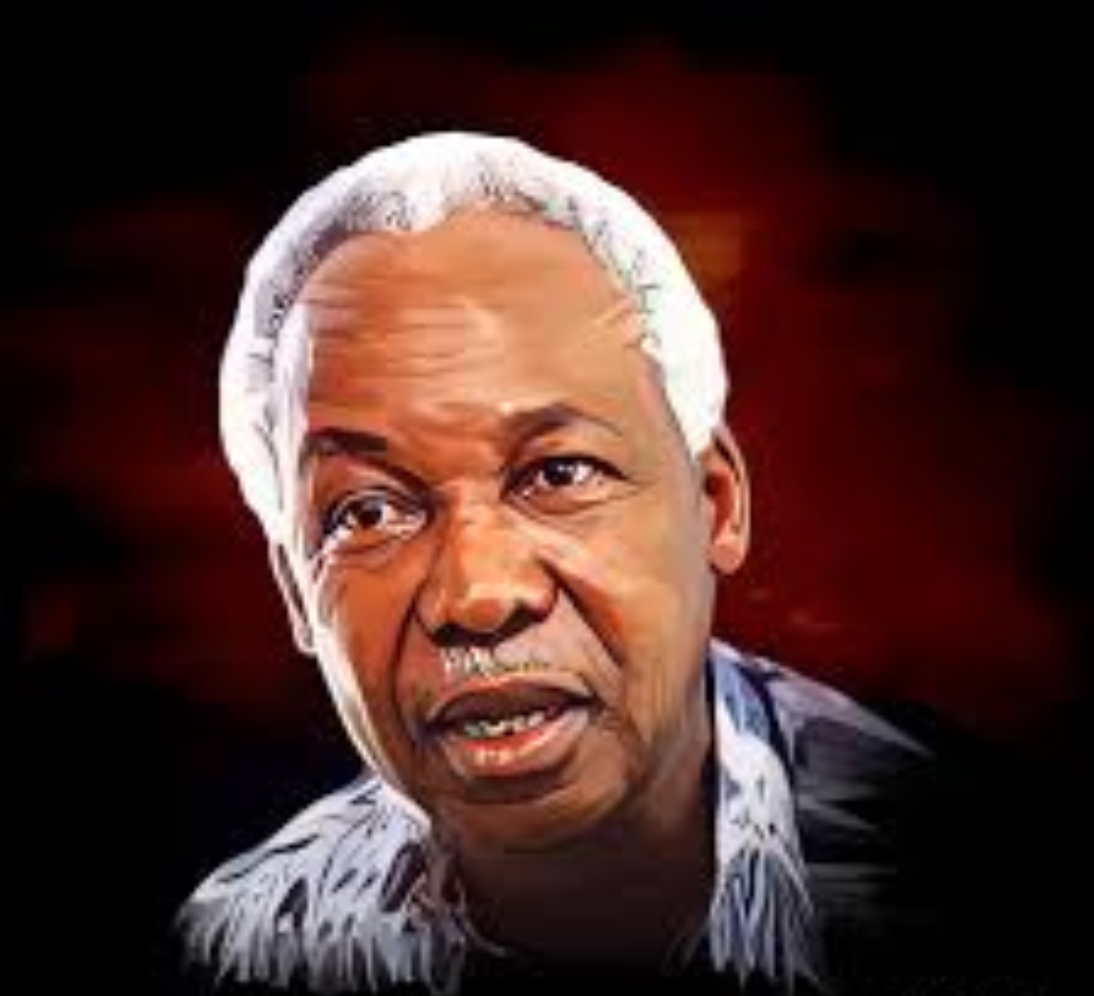
Julius Nyerere
1st President of Tanzania
Julius Nyerere: Tanzania’s Founding President (1922-1999)
Early Life and Political Beginnings
- Born April 13, 1922 in Butiama, Tanganyika
- Educated at Makerere University (Uganda) and University of Edinburgh (UK)
- Worked as a secondary school teacher before entering politics
- Founded Tanganyika African National Union (TANU) in 1954
Leadership and Nation Building
Independence Era (1961-1964)
- Became Prime Minister at independence (December 9, 1961)
- Served as President of Tanganyika from 1962
- United Tanganyika and Zanzibar to form Tanzania (April 26, 1964)
Domestic Policies
Education Development:
- Primary school enrollment increased from 486,000 (1961) to 3.5 million (1985)
- Literacy rate rose from 17% (1961) to 91% (1986)
Social Programs:
- Instituted universal primary education policy
- Expanded healthcare access in rural areas
- Promoted Swahili as national unifying language
Economic Approach:
- Implemented Ujamaa (African socialism) policy from 1967
- Focused on rural development and self-reliance
- Maintained economic stability during global oil crises
International Relations
- Active in Non-Aligned Movement
- Supported liberation movements in Southern Africa
- Provided refuge for anti-apartheid activists
Transition and Legacy
- Voluntarily stepped down in 1985
- Remained chairman of Chama Cha Mapinduzi until 1990
- Died October 14, 1999 in London
- Tanzania maintained political stability throughout his tenure
Key Statistics
| Indicator | 1961 | 1985 |
|---|---|---|
| Primary Enrollment | 486,000 | 3.5M |
| Literacy Rate | 17% | 91% |
| GDP Growth | 4.1% | 3.2% |